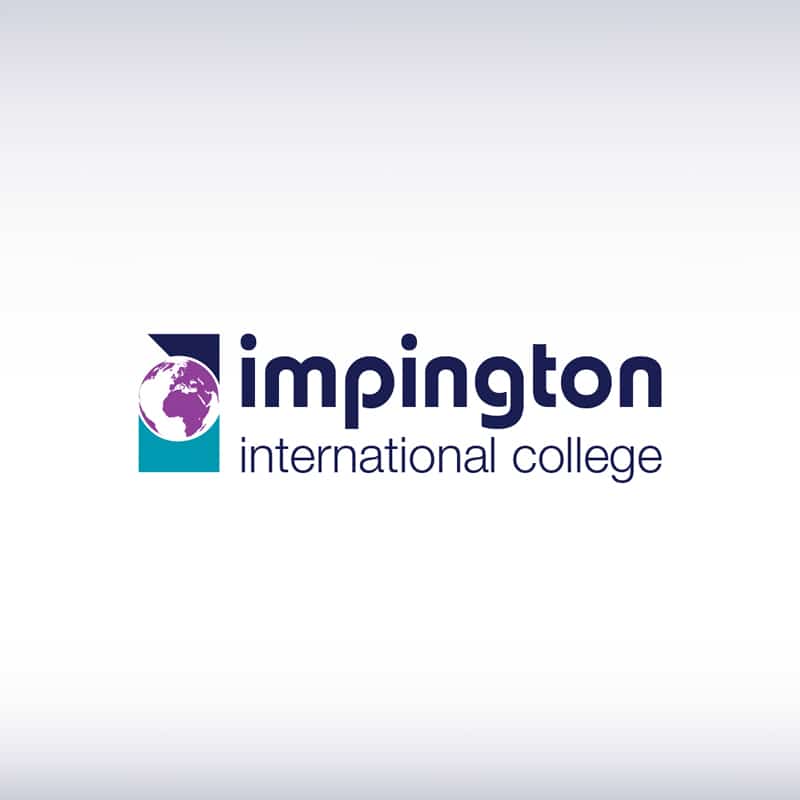
Jo Sale, Vice Principal, Impington International College
We know, from first-hand experience, that the idea of going to university can either motivate students or it can make them feel quite anxious, which isn’t surprising as it is such a monumental chapter in a young person’s life. That’s why, at Impington International College, we discuss university aspirations for students in their very first guidance meeting; this doesn’t necessarily mean which university the student would like to secure a place at, but the type of degree they plan on studying. We make this part of the initial conversation because it then allows us to tailor their International Baccalaureate (IB) Diploma Programme (DP) or Career-related Programme (CP) to give them the very best chances at achieving their dreams; we are really proud that 95% of our students are offered their first-choice university place.
Choosing which university or course that they wish to study is usually a student’s first taste of what it’s like to make their own life decisions, the next step to a more adult world. That’s why it is so important that they have the appropriate support to equip them with all the tools that they need to make a considered decision – there are so many layers to the process for a student to think about and it takes a long time to get to the final destination. One area that students sometimes find difficult to grasp is the thought of potentially living hundreds of miles away from their families. Our international students however are often more comfortable with applying for university in the USA, for example, as they are more used to being away from their families.
We ask our students to be very open-minded about their applications, always encouraging them to be aspirational yet realistic; these qualities are developed through their IB studies. We always say to our cohort that it is never a good idea to put all your eggs in one basket and we encourage them to not see their insurance choice as their second choice but as a place that they equally want to go to.
With this in mind, our Progressions Coordinator is incredibly knowledgeable about higher education institutions around the world and is a fantastic resource for our students when looking at post-18 options. We also use a whole host of other resources such as the UCAS Hub, which is brilliant for students as it has all of the necessary information in once place, and now also covers international university options too!
In the current climate, we understand that students are anxious as they are not able to go and visit the universities in person. While higher education institutions have wonderful virtual tours available at students’ finger tips, they are really missing out on face to face interaction. So, we have placed even more focus on university preparation and choices in tutor time, our assembly programme and one-to-one meetings.
Some of the most common questions that we receive from parents and students before joining the sixth form are “Why IB over A Levels?” or “Isn’t the IB too broad for me to specialise at university?”, and the most popular: “How do colleges and universities view the IB?”. Our simple answer is that the DP and CP are the best post-16 qualifications for students to thrive at university; a notion that is backed up by world leading institutions too which often comment on how much similarity there is between the DP and undergraduate work. IB programmes develop a wide range of qualities considered vital to success at university, including: a global outlook, an open mind, independent inquiry and self-management skills.
A common misconception is that the only unique factor of the DP is that it gives students breadth in subjects. This is completely false: the three higher level subjects are the direct equivalent of A Levels in terms of depth, but the programme also encourages breadth so that students do not pigeon hole themselves. We like to describe IB programmes as curricula with added value; with both the DP and CP, students get so much more than just subjects in isolation. While a baseline of subject knowledge is valuable for students when transferring to university, it is far more important for students to develop critical thinking, independent working and research skills; the development of all are built into IB programmes.
By opting to study the DP, students who aren’t sure what they want to do post-18 can simply enjoy two years of education, choosing to spend more time studying subjects that they love the most. Young people whose opinions are still changing benefit from the flexibility the programme offers while they refine their plans for the future. For students who are determined in their plans for the future, there is no better alternative to equip them with the tools they need to propel themselves forward.
It is difficult to find any reason not to recommend the DP if you are thinking about your next step in education.
